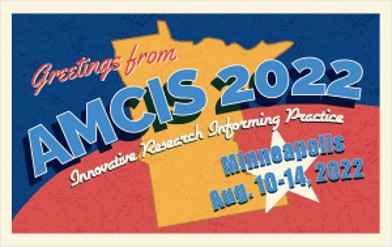SIG EntSys - Enterprise System
Loading...
Paper Type
ERF
Paper Number
1199
Description
As older workers retire, their rich knowledge of the organization and its environment literally walks out the door. By means of electronic knowledge repositories (EKRs), organizations can prevent this knowledge from disappearing. However, older workers do not contribute to these knowledge repositories as much as younger workers do, which is especially problematic once they reach retirement age. Drawing on the literature on proactive work behavior, we argue that older employees use EKRs less innovatively and that this reduces their knowledge contributions. We explain this age-related decline with decreases in job crafting behavior. Further, we hypothesize that there are three IT-related mitigating factors that boost the knowledge contributions of older workers, namely, EKR self-efficacy, Trust in EKR, and Perceived enjoyment when using EKRs. By reducing the relevance of job crafting for innovative use, these factors will allow older workers to exploit previously unused features of EKRs to support new tasks.
Recommended Citation
amirabdolahian, saeed; Tams, Stefan; and Paré, Guy, "Innovative Use of EKRs by Older Workers: The Mediating Role of Job Crafting" (2022). AMCIS 2022 Proceedings. 3.
https://aisel.aisnet.org/amcis2022/sig_entsys/sig_entsys/3
Innovative Use of EKRs by Older Workers: The Mediating Role of Job Crafting
As older workers retire, their rich knowledge of the organization and its environment literally walks out the door. By means of electronic knowledge repositories (EKRs), organizations can prevent this knowledge from disappearing. However, older workers do not contribute to these knowledge repositories as much as younger workers do, which is especially problematic once they reach retirement age. Drawing on the literature on proactive work behavior, we argue that older employees use EKRs less innovatively and that this reduces their knowledge contributions. We explain this age-related decline with decreases in job crafting behavior. Further, we hypothesize that there are three IT-related mitigating factors that boost the knowledge contributions of older workers, namely, EKR self-efficacy, Trust in EKR, and Perceived enjoyment when using EKRs. By reducing the relevance of job crafting for innovative use, these factors will allow older workers to exploit previously unused features of EKRs to support new tasks.
When commenting on articles, please be friendly, welcoming, respectful and abide by the AIS eLibrary Discussion Thread Code of Conduct posted here.




Comments
SIG EntSys